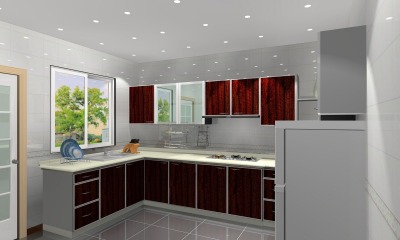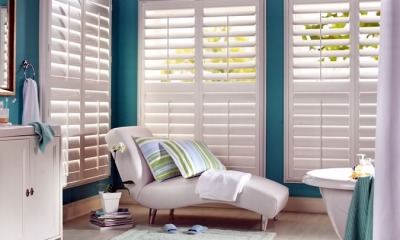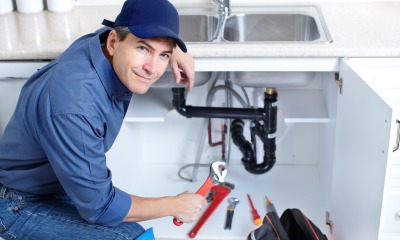Home Improvement
What Could Go Wrong With The Installation Of Hydronic Underfloor Heating Systems?

As with all construction projects, issues can arise during the installation of hydronic underfloor heating systems. Many of these issues arise due to poor coordination with other trades working on the home. Fortunately, most of these issues can be avoided by making sure that everyone involved understands their role during the install and by working with reputable suppliers or installers. This is, however, easier said than done.

We have outlined some of the main things that can go wrong. Some of these are a result of improper installation, others of contractor error. In order to avoid these issues, it is important that you are aware of what they actually are and the damage that they can cause.
- Improper Insulation
If the hydronic heating is being laid directly into the slab, which means that the piping is set into wet concrete, you need to ensure that insulation has been placed below the slab. The system will use the thermal mass of the concrete itself to radiate heat into the home. The insulation will prevent heat from going down into the soil instead.
- Improper Flooring
Whilst all types of flooring can be used in conjunction with hydronic heating, certain types can actually lessen the effect of the system. Carpet and carpet padding often fall under this category. To avoid this issue, you should inform the flooring company that you will have underfloor heating and you should speak with the installer about recommendations.

- Leaking
Water leaks are one of the biggest concerns for any homeowner with hydronic heating. Poorly done plumbing connections are the biggest culprit, but they often cannot be found until the system is pressurised and tested. Other contractors might accidentally put a nail through one of the pipes (which highlights the need for everyone to be informed).
- Freezing
When your home is under construction, your system might be installed but not put into use. If water has been left in the pipes after testing, it can freeze. This can also lead to leaks, as the frozen water will expand and can cause the pipes to crack. Antifreeze can be added if you are worried about the pipes freezing, or the system can be tested periodically.
- Air in System
One of the main reasons that homeowners install hydronic heating is that it is quiet. If air has managed to become trapped in the pipes, however, it can become quite noisy. The presence of oxygen can also corrode the plumbing connections and damage pumps, seals and other components. It can also lead to a build up of scale in the pipes.
Once construction is complete and your family has moved into your new home, it is important that you tell any contractors who come to perform work on the building that you have a hydronic heating system. This will ensure that they don’t accidentally puncture or rupture one of the pipes, causing some of the issues we outlined above. You should also always be aware of freezing during the winter months; antifreeze can help prevent this.
-

 Tech11 years ago
Tech11 years agoCreating An e-Commerce Website
-

 Tech11 years ago
Tech11 years agoDesign Template Guidelines For Mobile Apps
-

 Business6 years ago
Business6 years agoWhat Is AdsSupply? A Comprehensive Review
-

 Business10 years ago
Business10 years agoThe Key Types Of Brochure Printing Services
-

 Tech8 years ago
Tech8 years agoWhen To Send Your Bulk Messages?
-

 Tech5 years ago
Tech5 years ago5 Link Building Strategies You Can Apply For Local SEO
-

 Law5 years ago
Law5 years agoHow Can A Divorce Lawyer Help You Get Through Divorce?
-

 Home Improvement6 years ago
Home Improvement6 years agoHоw tо Kеер Antѕ Out оf Yоur Kitсhеn









































